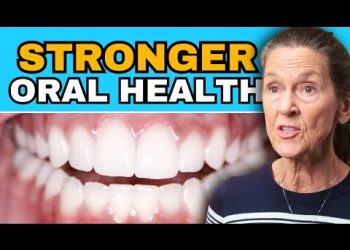Introduction to Root Canals and Crowns
Root canals and crowns are common dental procedures aimed at saving a tooth that has been severely damaged or infected. While they are designed to alleviate pain and restore functionality, there are risks and concerns associated with these treatments that patients should be aware of.
The Dangers of Root Canals
One potential danger of root canal therapy is the possibility of retaining bacteria in microscopic tubules within the tooth. These bacteria can proliferate over time, potentially leading to infections and complications. Moreover, since the tooth is rendered ‘dead’ after a root canal, it becomes prone to breaking more easily.
Crowns and Their Complications
Crowns, often used in conjunction with root canals, also carry certain risks. Incorrectly fitted crowns can lead to gum disease and decay of the tooth beneath the crown. Additionally, metal crowns have been known to cause allergic reactions in some patients.
Long-term Health Implications
While root canals and crowns can help maintain dental integrity, some experts argue they may have long-term health implications. These include chronic illnesses purportedly linked to persistent bacterial infections harbored in root canal-treated teeth.
Alternatives to Consider
For individuals concerned about the risks associated with traditional root canals and crowns, there are alternative treatment options. These alternatives may include removable partial dentures, bridges, or dental implants, each offering different benefits and drawbacks.
Focus on Preventative Care
Adopting a preventative approach to oral health is crucial. Regular check-ups, good oral hygiene practices, and a healthy diet can significantly reduce the likelihood of needing invasive dental procedures like root canals or crowns. Prevention is better than cure, and taking care of your teeth from the outset can lead to better long-term outcomes.
The Role of Nutrition in Dental Health
Your diet plays a significant role in maintaining dental health. Consuming a balanced diet with adequate vitamins and minerals can strengthen your teeth and gums, thus reducing the likelihood of developing issues that necessitate root canals or crowns.
Importance of Regular Dental Check-Ups
Regular visits to a dental professional can ensure that any potential problems are caught and treated early. This not only reduces the need for drastic procedures but also helps maintain optimal oral health.
Consulting with Your Dentist
Before deciding on a root canal or a crown, it is essential to consult with your dentist. Discuss your concerns and explore all possible options. Understanding the potential risks and benefits in your specific situation can help in making an informed decision.
Conclusion
While root canals and crowns are often necessary, understanding their potential risks is crucial. By engaging in preventative care and consulting with healthcare professionals, patients can make well-informed choices about their dental health, potentially avoiding complications and ensuring a healthier future.











